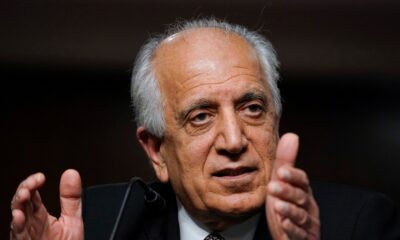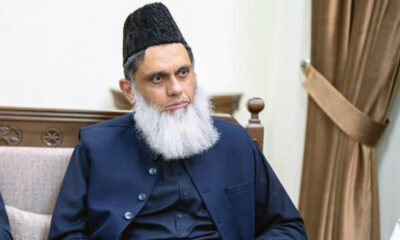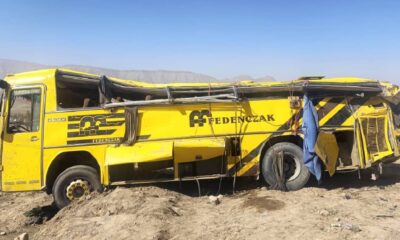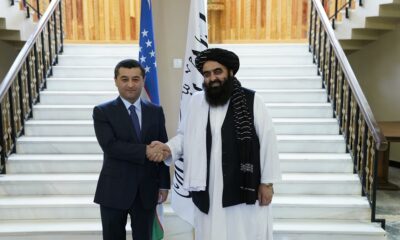Latest News
IEA forces arrest suspected smuggler, seize weapons along Pakistan border
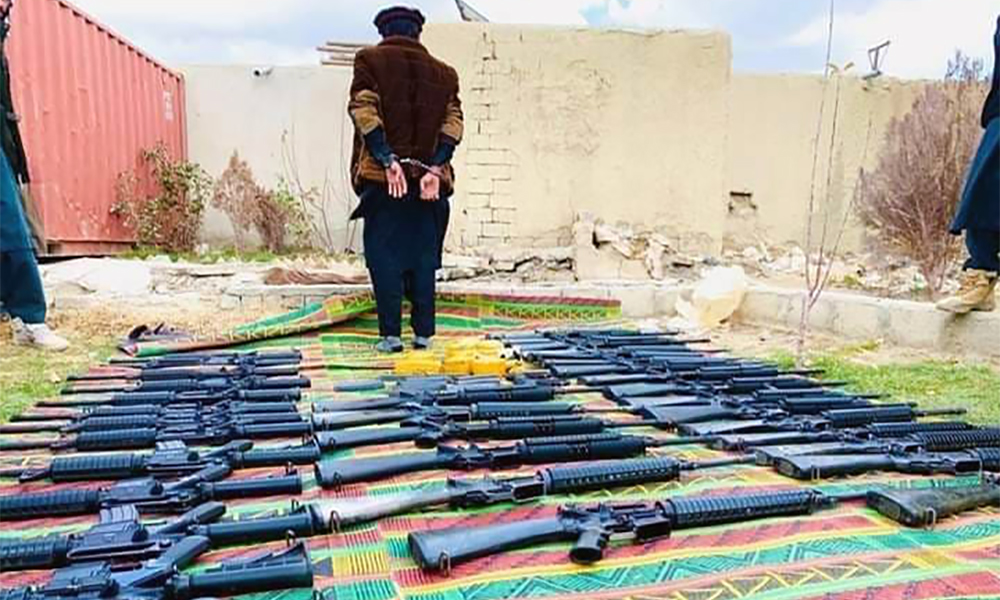
The Islamic Emirate of Afghanistan (IEA) forces seized dozens of weapons on Monday in Paktika province that were being smuggled into Khyber Pakhtunkhwa in Pakistan.
According to a statement issued by the Paktika governor’s office, IEA forces seized 38 different types of weapons in the Angoor Ada area along the Afghanistan-Pakistan border.
“The weapons were placed in a Datsun-type mini truck carrying onions and were being smuggled into Pakhtunkhwa Waziristan,” read the statement.
According to the statement, a man was arrested in connection with the incident and confessed to smuggling the weapons from Ghazni province.
The IEA has said in the past that no weapons are being smuggled across the border but in the event of people trying to do so, they would be arrested.
This came after concerns were raised by the international community of large caches of arms being smuggled into neighboring countries.
Qari Saeed Khosty, a spokesman for the ministry of interior said the IEA will not allow “one bullet” to be moved out of the country.
“We (IEA) need a strong army and we need the military equipment and we will never let anyone move this equipment out of the country,” Khosti said in a video message last month.
The IEA has also repeatedly rejected reports published in the media that the new government is selling off US military equipment to Pakistan.
IEA officials said there was no truth in these reports and that it was simply propaganda.
Latest News
Ex-US envoy Khalilzad condemns Pakistan air attacks on Afghanistan
He described the situation as a tragedy for both Pakistan and its neighbors, urging the Pakistani leadership to reconsider its policies and change course.
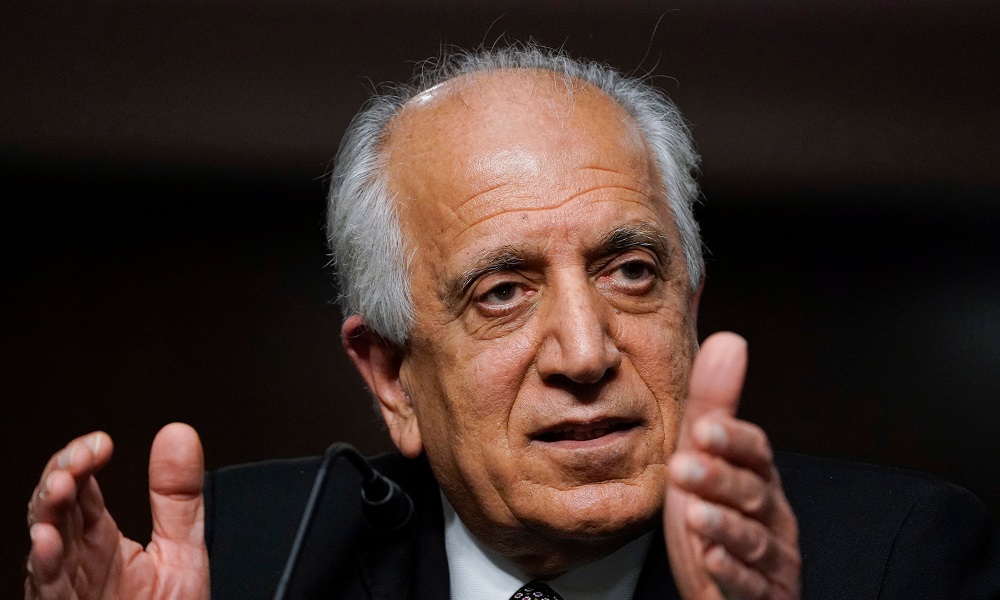
Former U.S. Special Envoy for Afghanistan, Zalmay Khalilzad, has strongly condemned Sunday’s airstrikes by Pakistan on Afghanistan. He stated that these attacks killed and wounded numerous innocent women, children, and elderly.
Khalilzad pointed to Pakistan’s long history of misgovernance, interference in minority rights, manipulation of democratic processes, and repeated military takeovers as the root causes.
He described the situation as a tragedy for both Pakistan and its neighbors, urging the Pakistani leadership to reconsider its policies and change course.
Latest News
Japan contributes $2.08 million to World Bank Trust Fund for Afghanistan
Japan has remained one of the major donors to Afghanistan’s humanitarian and development efforts.
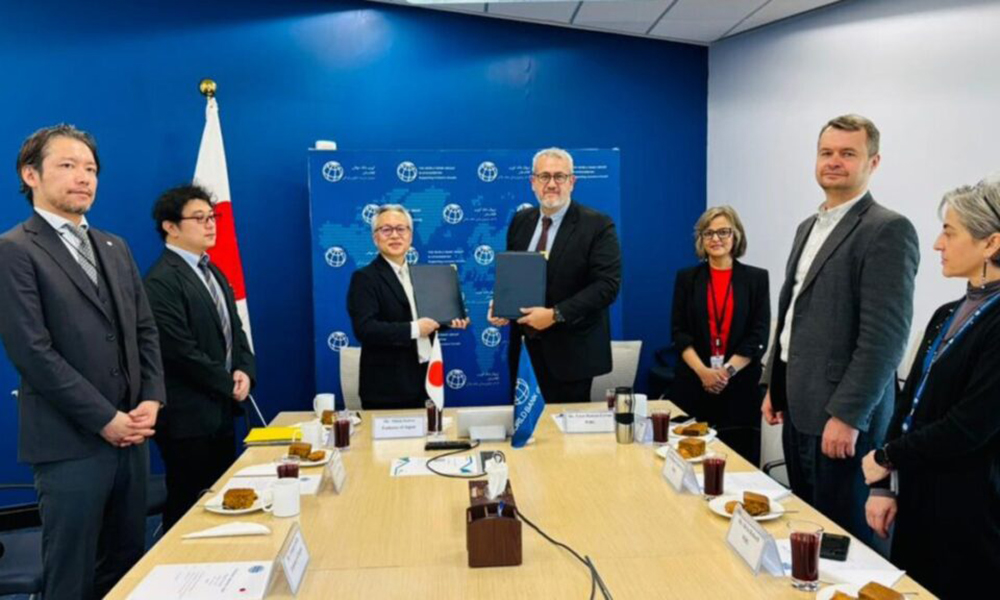
Japan has signed a $2.08 million contribution agreement with the World Bank to support humanitarian and livelihood programs in Afghanistan, its diplomatic mission in Kabul said on Sunday.
The funding will be channeled through the Afghanistan Reconstruction Trust Fund (ARTF), a multi-donor trust fund administered by the World Bank that finances essential services and development programs in the country.
In a statement, Japan said the contribution is intended to support people in need and promote livelihoods among vulnerable Afghans, including women and young people.
“Japan stands with the Afghan people,” the statement said.
Japan has remained one of the major donors to Afghanistan’s humanitarian and development efforts.
Latest News
Mujahid: Afghanistan will target perpetrators, not civilians
In an interview with Ariana News, Mujahid claimed that a specific military circle within Pakistan is behind the latest tensions.
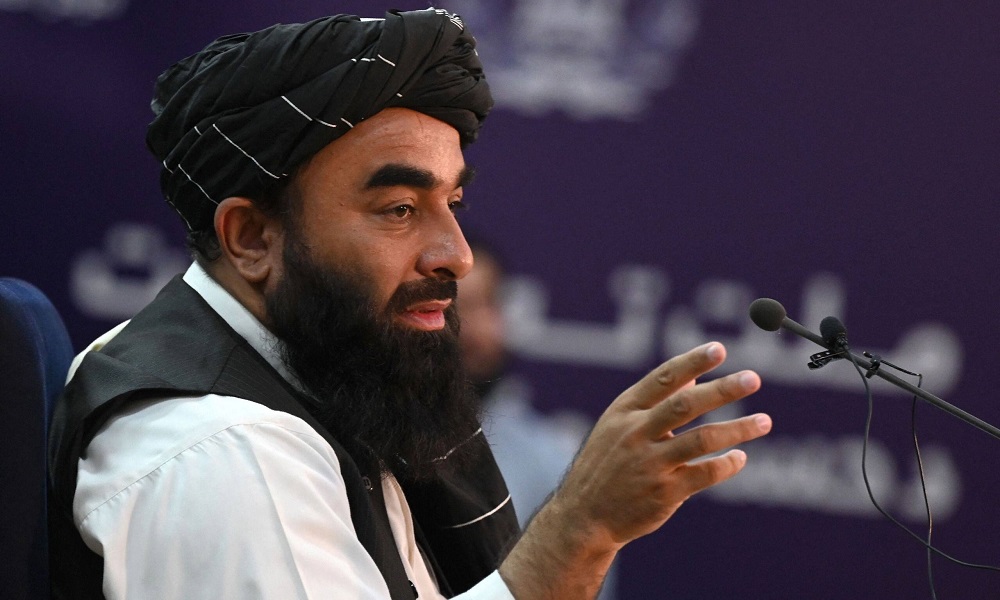
Zabihullah Mujahid, spokesman for the Islamic Emirate of Afghanistan, has warned that Pakistan’s recent actions will not go unanswered, stating that Afghan forces would target those directly responsible rather than civilians.
In an interview with Ariana News, Mujahid claimed that a specific military circle within Pakistan is behind the latest tensions.
He accused the group of acting on directives from external backers to carry out attacks and undermine relations between the two countries.
Mujahid emphasized that the Islamic Emirate distinguishes between civilians and those engaged in military operations, asserting that its response would be directed only at individuals responsible for what he described as crimes.
“We must make it clear that unlike Pakistan, we do not target civilians. Our target is the real criminals — Pakistani military personnel responsible for these acts,” he said.
This comes in the wake of airstrikes early Sunday morning on Nangarhar and Paktika provinces, which have sharply escalated tensions between Afghanistan and Pakistan.
Pakistani officials say the strikes targeted militant hideouts along the border, describing them as intelligence-based operations against armed groups accused of carrying out attacks inside Pakistan.
Islamabad has repeatedly blamed Tehrik-e-Taliban Pakistan (TTP) fighters for a surge in violence and has alleged that such groups operate from Afghan territory.
Afghan authorities, however, have condemned the strikes as a violation of the country’s sovereignty, reporting civilian casualties and damage to residential areas.
Officials in Kabul say the attacks have further strained already fragile relations between the two neighbors.
Cross-border tensions have flared repeatedly in recent years over security concerns, militant activity, and disputes along the disputed Durand Line. Diplomatic engagements and temporary de-escalation efforts have so far failed to produce a lasting solution, leaving the border region volatile and prone to renewed confrontation.
-

 Latest News5 days ago
Latest News5 days agoAfghanistan’s Chief of Armed Forces underscores readiness and equipment for national defense
-
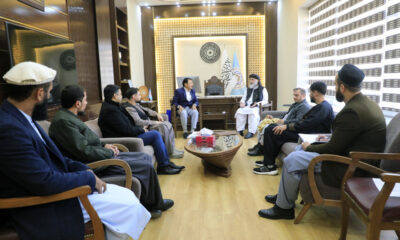
 Latest News4 days ago
Latest News4 days agoAfghanistan welcomes investment and technology partnerships with India
-

 Sport4 days ago
Sport4 days agoAfghan Peaks founder climbs Aconcagua to promote Afghanistan’s mountain potential
-
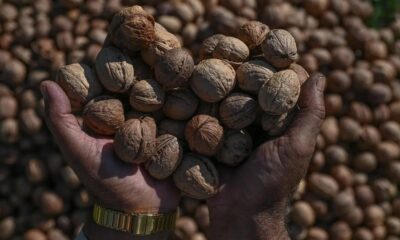
 Latest News3 days ago
Latest News3 days agoIndian customs seize Chinese walnuts falsely declared as Afghan
-

 Business4 days ago
Business4 days agoPakistan allows re-export of stranded Afghan transit cargo
-
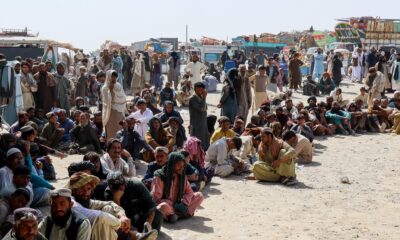
 Latest News3 days ago
Latest News3 days agoPakistan’s Punjab to send home 20 more Afghans in repatriation drive
-

 Latest News4 days ago
Latest News4 days agoPakistan signals possible air strikes as Kabul releases Pakistani soldiers in goodwill move
-
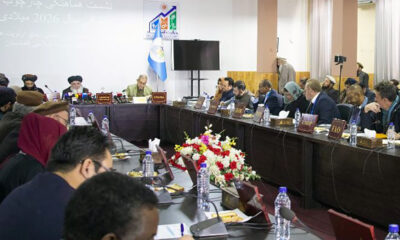
 Business5 days ago
Business5 days agoAfghanistan’s 2026 Development Framework meeting highlights self-reliance and economic stability




